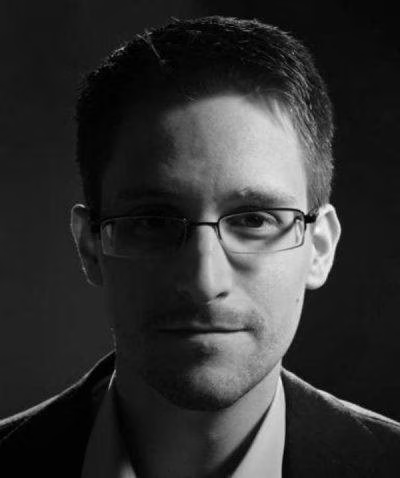My Changing Opinion on Edward Snowden

Someone smart once said something like:
You shouldn’t debate topics that involve classified information, because you’re simply unable to form intelligent opinions.
The problem is when people start seeing what they know as "enough" information to form an opinion, and I may have fallen into that trap myself.
I wrote a piece (see the recommended links below) that talked through my very clear argument for how Snowden was both a hero and a criminal. But I compared him to an American Revolution criminal, who did things that were technically illegal but should be 100% forgiven at this point.
I argued he should basically do jail time, in other words, and then be considered a hero going forward.
But my opinion on that might be changing.
The reason for that is manyfold, but the most important piece comes from this piece >, by a fellow security guy named Robert Graham. Essentially, the common opinion among Snowden supporters is that everything he released was about domestic (and illegal) spying. But the reality seems to be that most of what he released was actually about foreign intelligence gathering, i.e. the stuff that the NSA is supposed to be doing.
So he basically crippled our ability to capture intelligence in a major way, and the narrative is starting to look like he did it very much on purpose, and possibly because he was angry about how he was being treated.
That’s conjecture, and again we don’t have all the information so I’m hesitant to lean in on any narrative.
But just taking the idea that most of what he released was not at all about domestic spying is enough to confuse my position on the topic.
I encourage you to read my other piece (see below), but to also realize that anything we in the public think about this stuff (even what I’ve written here) is partial information, and that can be worse than none.
It convinces us that we know more than we do, and inclines us to making judgements that are stronger than they should be.
It may be one of those situations similar to climate science, where we should ask experts in the field who are close to the situation but who aren’t tasked with providing a scripted narrative.
And from what I’ve seen from those opinions, it’s a lot more negative than what you read on Reddit or in the hacker community.
In short, it’s complicated, and be cautious of thinking you have all the information.